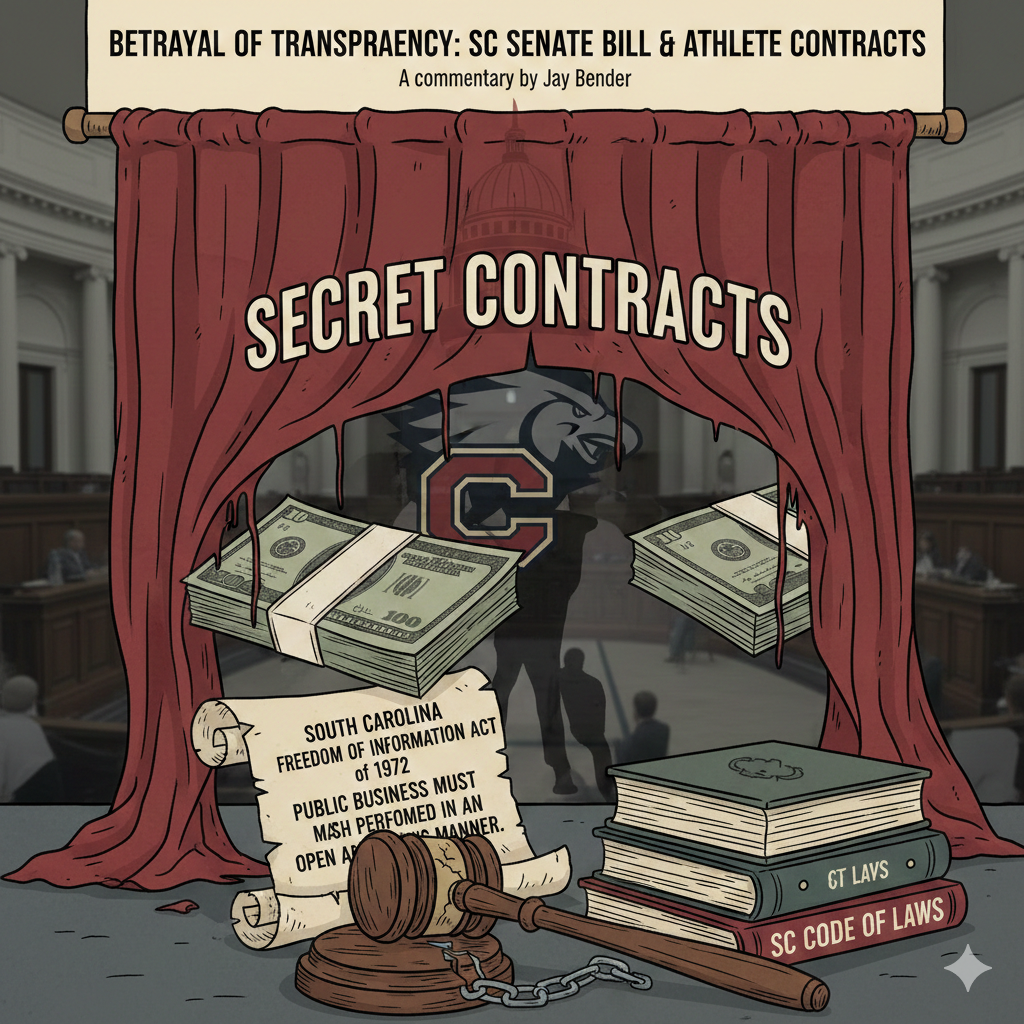COLUMBIA — A major financial blow was dealt to the South Carolina General Assembly this week as the state Supreme Court ruled that legislators had illegally given themselves a pay raise, simultaneously nullifying the hike and striking down the $12,000 annual expense allowance they have received since 1994.
The ruling stems from a lawsuit challenging a clause embedded in the state budget that would have granted lawmakers an $18,000 annual increase through their “in-district compensation”—funds intended to cover expenses outside the Statehouse. The Supreme Court had previously paused these payments over the summer while considering the case.
The final eight-page opinion, signed by all five justices, delivers a significant financial blow to the General Assembly. Legislators will not receive the $18,000 raise, and crucially, they will no longer receive the $12,000 annual payment for in-district costs that has been distributed under the same budget clause since 1994. This effectively results in a pay cut.
Constitutional Prohibition on Mid-Session Raises
The core of the court’s decision rests on the state constitution’s clear prohibition against legislators raising their own compensation mid-session. Any salary increase, the justices affirmed, must take effect only after an election, meaning it could not begin until at least January 2027, the official start of a new General Assembly.
The opinion states, “No matter how well-intentioned or long-overdue, the result of the 126th General Assembly’s increase in in-district compensation without either limiting language in the proviso or delaying implementation of the increase to the seating of the 127th General Assembly is to increase its own compensation, which our state constitution expressly prohibits.”
While the constitution is silent on reimbursements for official expenses, the court noted that the challenged budget clause included no limiting language on how legislators could spend the funds, which are separate from their $10,400 annual salary.
Legislators who supported the increase argued that a raise was necessary due to inflation and the increasing demands of modern legislative service. The court acknowledged the evolving nature of the job, noting: “It cannot be denied that, over the past century, legislative service has evolved considerably… The increased demands of modern legislative service naturally could lead the General Assembly to appropriate a greater amount of public funds to reimburse legislators for official expenses.” However, the justices concluded that the vague budget clause, as written, failed to properly limit the funds to official, reimbursable costs.
Senator Climer’s Legal Challenge
The legal challenge was initiated by Senator Wes Climer, a Rock Hill Republican, shortly after the legislative session concluded. Climer was one of 44 Republicans who had opted out of the proposed raise.
Following the ruling, Senator Climer shared his perspective on his social media, stating:
“Today’s ruling by the South Carolina Supreme Court affirms what I’ve said all along: legislative compensation should never be increased midterm, and certainly not by stealth.”
The senator continued, emphasizing the constitutional principle at stake:
“The Constitution is clear—lawmakers cannot raise their own pay without first getting permission from the People via elections. It was disappointing that such an obvious principle had to be litigated, but I’m grateful the Court stood on the side of the Constitution and the people of South Carolina.”
He concluded by underscoring his commitment to good governance, stating his opposition was not about the demands of the job, but about “how we govern matters. I’ll continue to stand up for transparency, accountability, and integrity in how the General Assembly conducts the people’s business.”
Sign up for our Sunday Spectator. Delivered to your inbox every Sunday, with all the news from the week.








